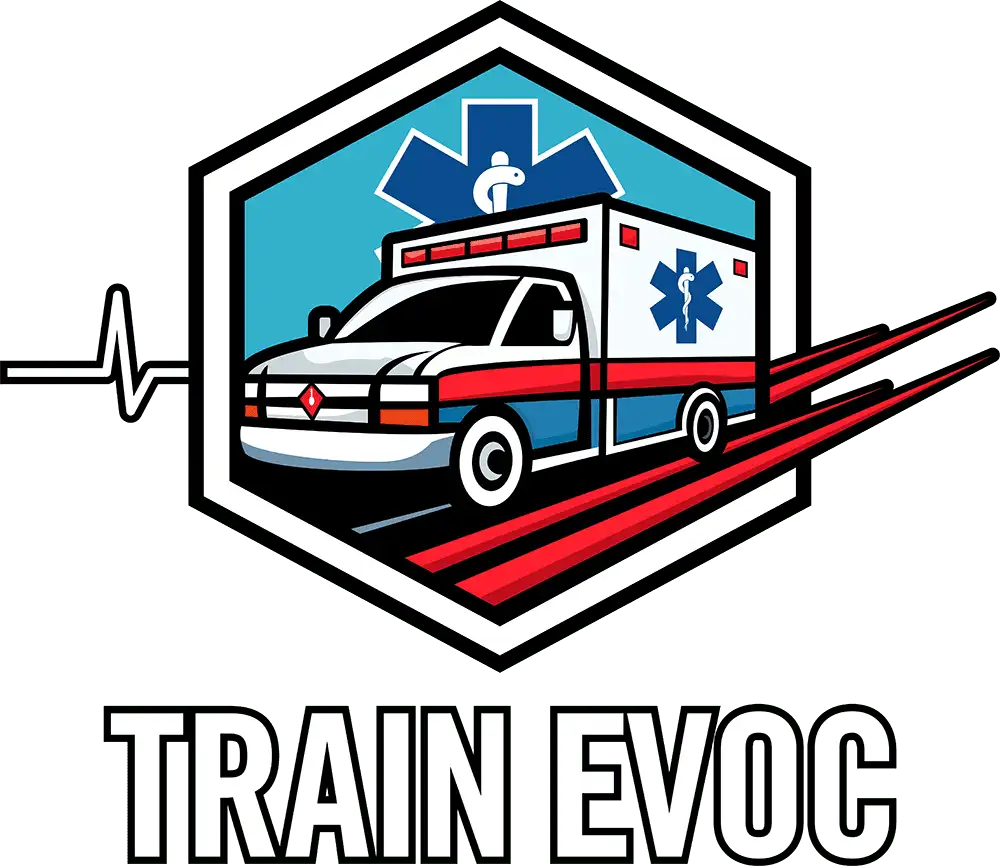The Emergency Vehicle Operator Course—better known as E.V.O.C—is the foundation of safe emergency driving. For firefighters, EMTs, paramedics, police officers, and even specialized roles like organ transport drivers, an EVOC certification is the first step toward legally and safely operating an emergency vehicle.
While the course teaches core driving skills, it’s more than just learning how to handle a vehicle. EVOC prepares responders for the mental, legal, and real-world challenges of operating under high stress when lives are on the line.
What Does EVOC Stand For?
EVOC stands for Emergency Vehicle Operator Course. It is a standardized training program that covers both the classroom principles of emergency driving and the hands-on skills needed to safely maneuver vehicles like ambulances, fire engines, and police cruisers.
Every state sets its own requirements, but in Florida, EVOC certification is mandatory for anyone looking to work as a firefighter, EMT, or paramedic. Many law enforcement agencies also require it as part of academy training.
Why EVOC Training Matters
Emergency driving is not the same as everyday driving. Responders face unique risks: speeding through intersections, weaving through heavy traffic, or responding in rain and darkness. These environments require skills far beyond the average driver’s experience.
A recent example illustrates the stakes. In Plant City, Florida (Feb 2025), a patient died after an ambulance failed to yield and collided with a semi-truck. Proper EVOC training—particularly around yielding protocols and intersection management—could have prevented this tragedy.
Simply put: EVOC training saves lives, both for responders and for the people they are sworn to protect.
What’s Covered in EVOC Training
Most EVOC programs include two parts: a lecture session (laws, principles, defensive driving) and a driving assessment (skills practice on a closed course).
Core topics include:
- Vehicle dynamics and control at high speeds
- Defensive driving and collision avoidance
- Braking tactics, cornering, and turning
- Intersection safety and clearance protocols
- Legal responsibilities and liability awareness
Exclusive Elements You Should Look For
Not all EVOC programs are created equal. Depending on your career path, the content may vary:
- Law Enforcement EVOC: Often includes high-speed pursuit training—maneuvers, tactical stops, and suspect vehicle interactions.
- EMS & Fire EVOC: Typically focus on non-pursuit emergency response driving—navigating intersections, managing sirens/lights, and safely transporting patients or equipment.
At TrainEVOC, additional emphasis is placed on areas that many programs overlook:
- Stress management during emergency driving
- Environment-specific training (rain, fog, night driving, Florida weather conditions)
- Florida state laws that apply specifically to emergency vehicle operators
The Certification Process
While the exact structure varies by provider, Florida EVOC programs generally include:
- Eligibility check: Must be 18+ with a valid driver’s license
- Classroom training: 8 hours covering laws, safety, and vehicle dynamics
- Hands-on driving assessment: 8 hours on braking, cornering, and emergency maneuvers
- Exams: Written multiple-choice test + driving test
- Certification issued: Valid for 4 years
Beyond the Minimum: Ongoing Refresher Training
Getting EVOC certified is only the beginning. For most departments, it’s a bare minimum requirement. Agencies often require:
- Annual or biannual refresher training
- Advanced driver training for fire engines or specialized vehicles
- Scenario-based courses tailored to department needs
This ensures that responders don’t just “check the box” once—they continue improving their skills throughout their careers.
Key Takeaways
- EVOC = Emergency Vehicle Operator Course, required for nearly all first responders in Florida
- Training goes beyond basic driving—it covers vehicle dynamics, defensive skills, and legal responsibilities
- Programs vary: law enforcement may include pursuits, EMS/fire typically focus on patient transport safety
- Real-world tragedies, like the Plant City crash, highlight why EVOC is essential
- Certification is valid for 4 years, but most agencies require ongoing refreshers
Final Note: EVOC training is more than a certification—it’s a professional responsibility. Whether you’re an EMT, firefighter, or police recruit, the skills you learn in EVOC could one day mean the difference between a safe response and a preventable tragedy.
